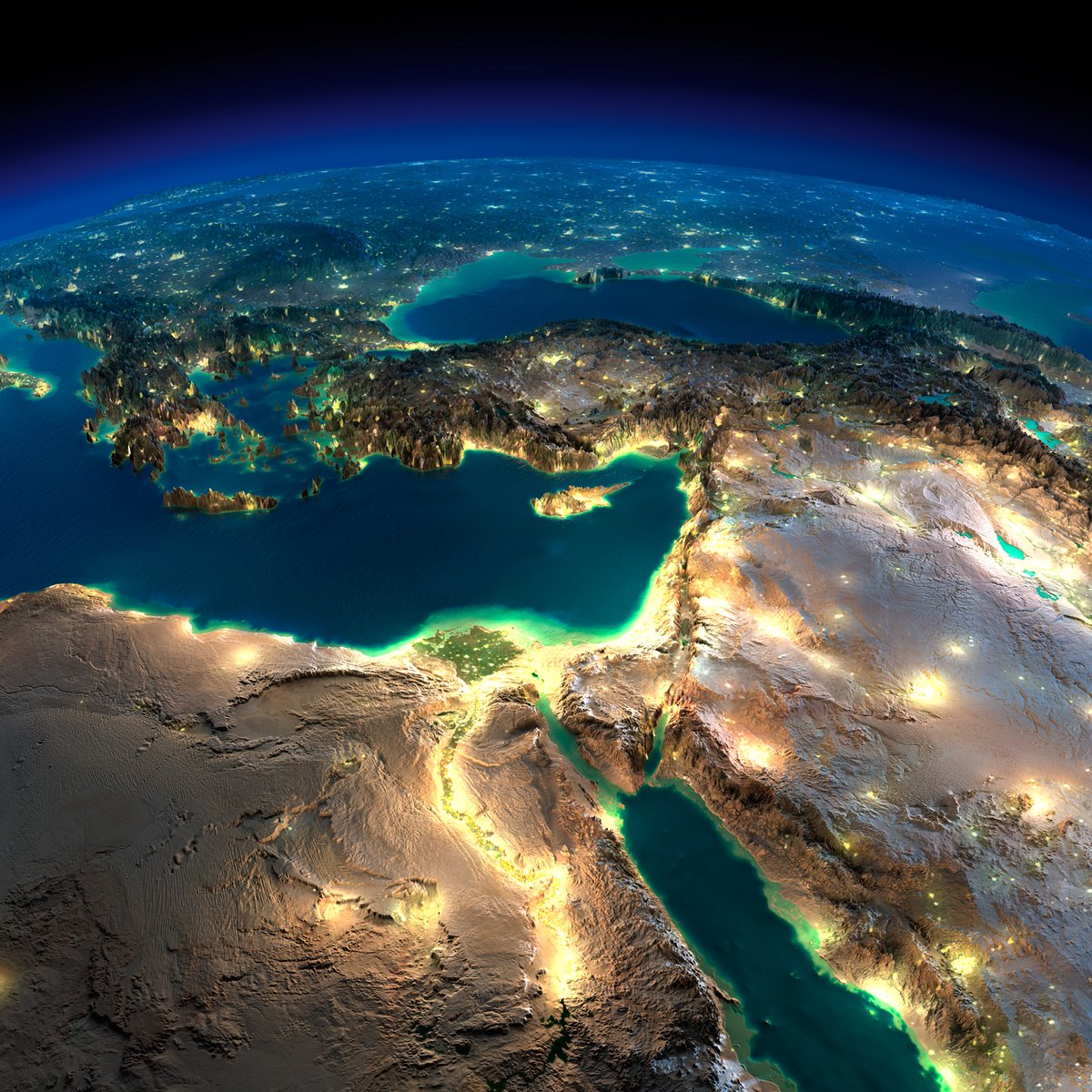Read this week's C&C called "Negative Capability": 🇬🇧 bit.ly/2O76PPw / 🇮🇱 bit.ly/33Ighzb / 🇪🇸 bit.ly/2Oenu3M / 🇫🇷 bit.ly/2CDNuQx. Family Edition: bit.ly/36Ve85r. Listen: spoti.fi/33Npq9s. #Vayera #ShabbatShalom. 

THREAD -> The trial [the Akeidah, of the binding of Isaac] was not to see whether #Abraham had the courage to sacrifice his son. It was widespread in the ancient world, and completely abhorrent to #Judaism.
The trial was not to see whether Abraham had the strength to give up something he loved. He had shown this time and time again.
At the very beginning of his story he gave up his land, his birthplace and his father’s house, everything that was familiar to him, everything that spoke of home.
In the previous chapter, he gave up his firstborn son Ishmael whom, it is clear, he also loved. Was there even the slightest doubt that he would give up Isaac, who was so clearly God’s miraculous gift, arriving when Sarah was already postmenopausal?
The trial was to see whether Abraham could live with what seemed to be a clear contradiction between God’s word now, and God’s word on five previous occasions, promising him children and a covenant that would be continued by Isaac.
Abraham did just that. He prepared himself for the sacrifice. But he told no one else. Abraham was living the contradiction. He knew God had told him to sacrifice his son, but he also knew that God had told him that He would establish an everlasting covenant with his son.
The trial of the binding of Isaac was not about sacrifice but about uncertainty. Until it was over, Abraham did not know what to believe, or how it would end.
He believed that the God who promised him a son would not allow him to sacrifice that son. But he did not know how the contradiction between God’s promise and His command would resolve itself.
• • •
Missing some Tweet in this thread? You can try to
force a refresh









